The leadership blind spot you cannot afford to ignore
Business leaders and entrepreneurs are trained to listen closely to others: investors, customers, employees, and the market. What often gets neglected is listening inward. In the pursuit of scaling, closing deals, and outperforming competition, many professionals lose touch with their own needs and instincts. This disconnection does not just create personal strain. It ripples into decision-making, relationships, and the ability to lead effectively. Learning to listen to yourself is not a luxury. It is a leadership skill that can determine whether success is sustainable or short-lived.
Why high achievers struggle with self-awareness
For ambitious professionals, tuning in to their own emotions and limits can feel counterintuitive. Achievement culture rewards pushing through exhaustion, silencing discomfort, and constantly projecting strength. Over time, these habits make it harder to notice the signals your body and mind are sending. Stress builds. Small problems turn into crises. Leaders begin to feel disconnected from purpose, unsure if they are still moving toward what truly matters. The result is not only burnout but also a loss of clarity that can affect every facet of a business.
Signs you are not listening
Many high-level professionals believe they are fine until something forces them to slow down. Learning to listen often begins with noticing the signs of disconnection. Some of the most common include:
- Making decisions while constantly exhausted or distracted
- Losing passion for work that once felt energizing
- Feeling isolated even when surrounded by people
- Using substances, overwork, or distractions to cope
- Struggling to be present with family or friends
These signals are not failures, they are invitations. They point to areas where attention, rest, or healing are needed to return to alignment.
Listening as a performance strategy
Listening to yourself is about creating the clarity and energy that sharpen performance and elevate leadership. Leaders who cultivate self-awareness make better decisions, build stronger relationships, and adapt more quickly to change. Practices like mindfulness, therapy, EMDR, or retreats create structured spaces where leaders can step away from external noise and reconnect with themselves. This self-knowledge becomes a strategic advantage, because the ability to lead others begins with the ability to lead yourself.
Redefining success on your own terms
The most powerful leaders are not those who ignore their needs. They are those who honor them. When you learn to listen to yourself, you discover what actually fuels you and where to direct your energy. Success stops being defined solely by numbers and milestones. It becomes defined by clarity, alignment, and the ability to sustain growth without sacrificing health or relationships.
At Born Counseling, we help professionals step back from the noise and reconnect with themselves, creating the clarity and resilience that make lasting success possible.


